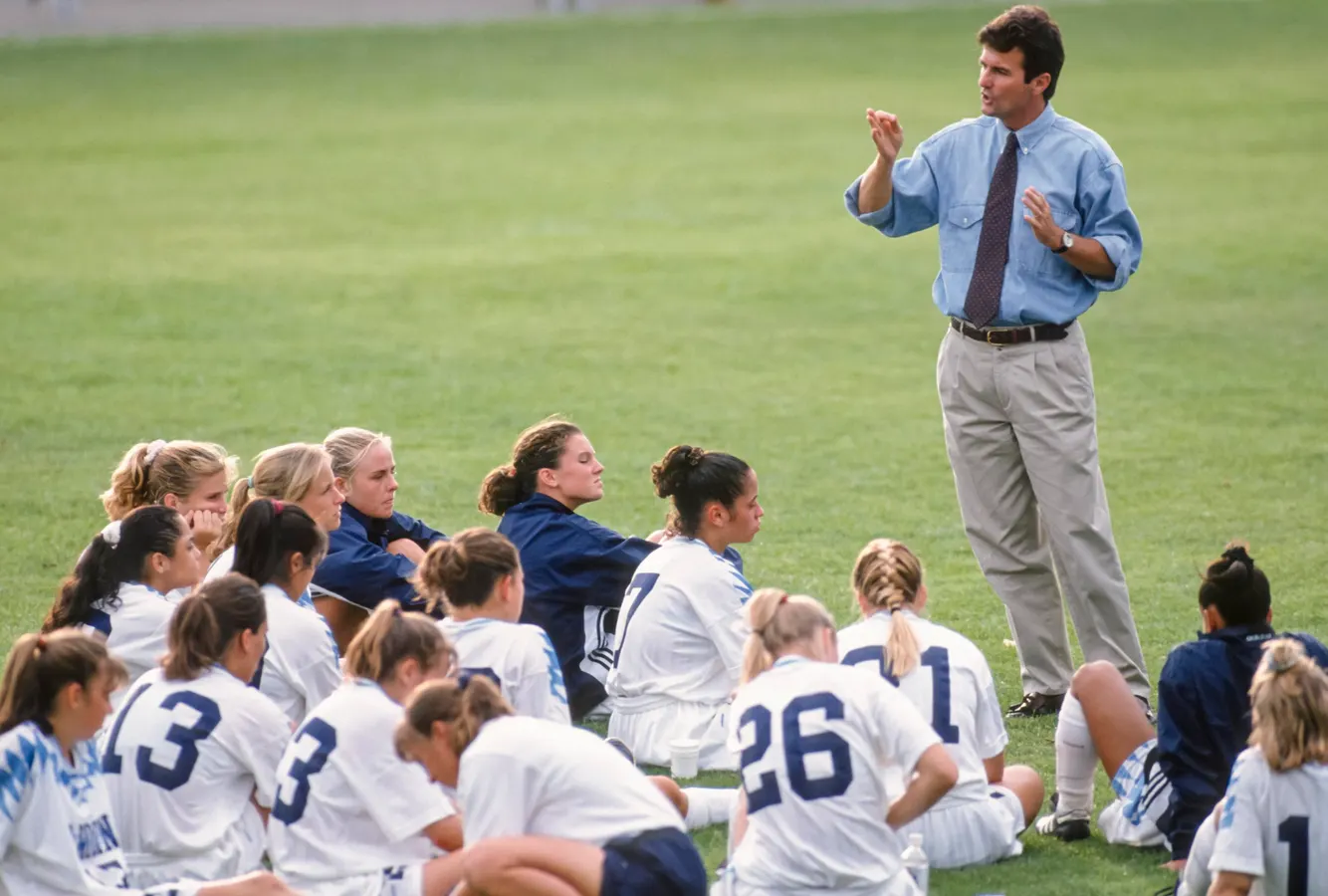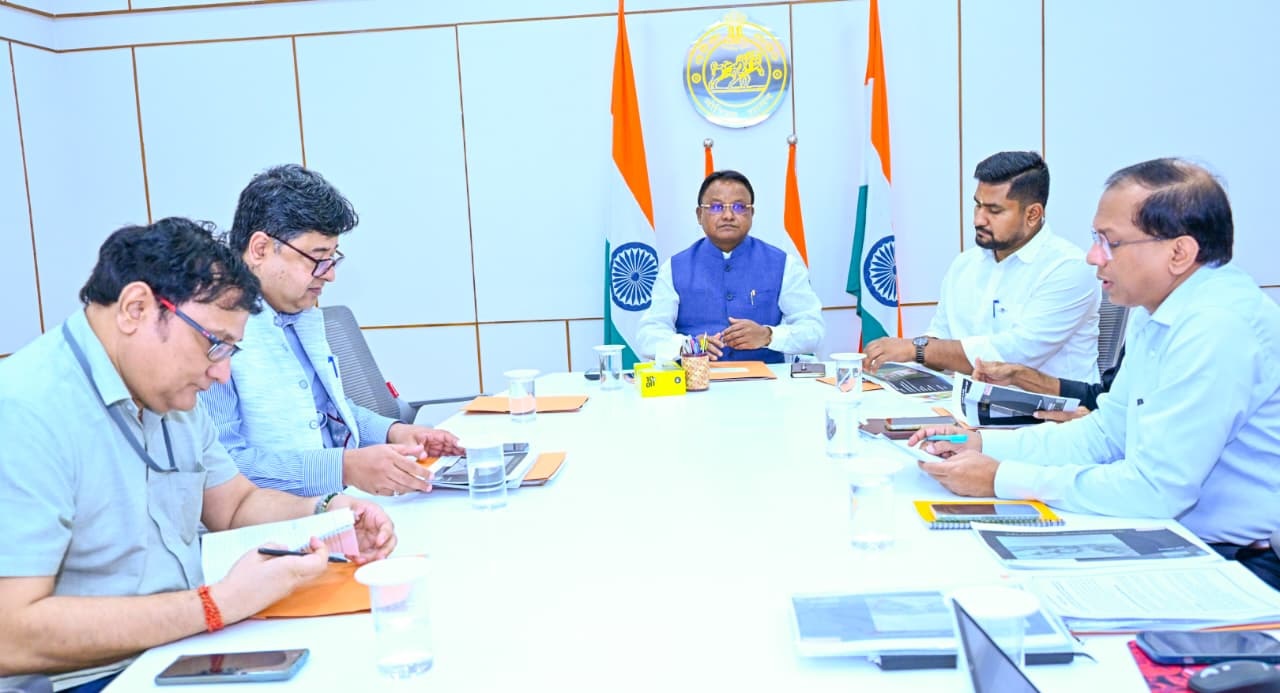Copyright Forbes

Sophie Stevens knows what it takes to win. The former soccer player at the University of North Carolina learned as much at the foot of legendary coach Anson Dorrance, who boasts a whopping 21 NCAA national titles with the Tar Heels. When you’re around greatness like that, you’re bound to pick up a few trade secrets. And that’s just what Stevens did. After Stevens swapped the soccer pitch for the corporate arena at Cisco, she rose through the ranks over two decades to become Area Vice President of Global Enterprise Sales. Now, to help her team, Stevens has looked to her former UNC coach and implemented some techniques the icon passed down. One in particular is known as the “Competitive Cauldron.” Coach Dorrance believed that a player can’t improve what she can’t measure, Stevens said, so he made it a priority to track each of his players and accumulate data to help them perform at their best. Through a series of drills, the coach gathered his information. “He had 28 things he would measure us on,” the Cisco VP said in a recent podcast interview. “And you’d have to have peer review on it.” His approach, Stevens explained, motivated everyone to perform at their best on the pitch, it also created a culture of accountability. Not only did Coach Dorrance post the info publicly, but the data made clear each player’s strengths and weaknesses. That informed team members on how to better help each other during practices and games. “Anyone who was to walk by, or any visitor to our facility would see that public posting,” Stevens noted. “So, when I came into this role two and a half years ago [at Cisco], one of the things I thought would be really interesting was to roll out was the Competitive Cauldron [for] my sales organization.” The idea isn’t to call anyone out, nor is it to shame anyone. Instead, the aim is to find a clearer picture of your roster, so to speak. In fact, Stevens loathes a negative atmosphere at work. Instead, she works diligently to buoy her data-driven mindset with a strong sense of gratitude amongst her team. “I'm a big attitude and gratitude person,” the VP said. “You choose how you show up every day. There's a lot of stuff going on but choosing to be positive is your own mindset and gratitude around just being thankful for those around you every day that support you." To show that she means what she said, Stevens employs her famous sticky note technique. “We have a connected recognition program within Cisco,” she said. “I have a sticky note on my desktop to reach out and do three gratitude reach outs every week, whether or not that's someone working late, winning a big deal, doing the work no one notices. Just creating this sense of gratitude." But Stevens isn’t alone in her philosophy of gratitude in the workplace. Writing in Forbes, contributor Jonathan H. Westover, Ph.D, explained that gratitude truly can go a long way on the job. “While showing gratitude in the workplace is shown to improve individual performance,” he said, “it also directly impacts team and organizational performance and drives a firm’s sustainable success in the marketplace.” Improve individual performance? That’s what Stevens is all about. She’s seen it work in soccer and she’s fostered it at Cisco. Indeed, in case you haven’t noticed, the former soccer standout is not one to ever rest on her laurels. For Stevens, success is never static. Instead, it’s a constant effort, a forever push. “Just because things are going well and you’re at the top of the pack—someone wants to knock you off,” she warned. As you might expect, for the VP the glue that keeps her efforts intact is communication. It’s what worked on the pitch and it’s what works now in the corporate landscape. “We have collective discussions as a group—like, what are the things that made us successful this prior year? What do we need to do differently?” she offered. Then the Cisco VP paused, before adding, “Having that open, honest, collaborative culture is one of the main reasons we're differentiated [among the] top places to work.”



